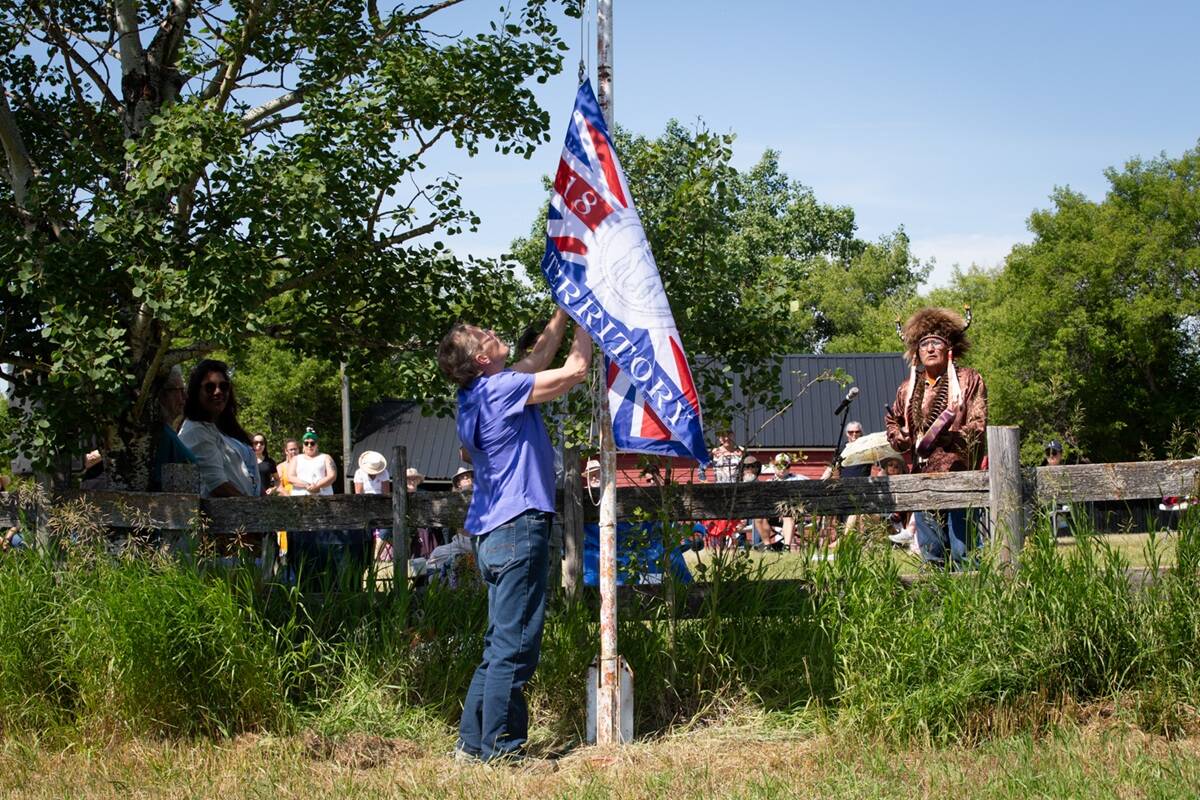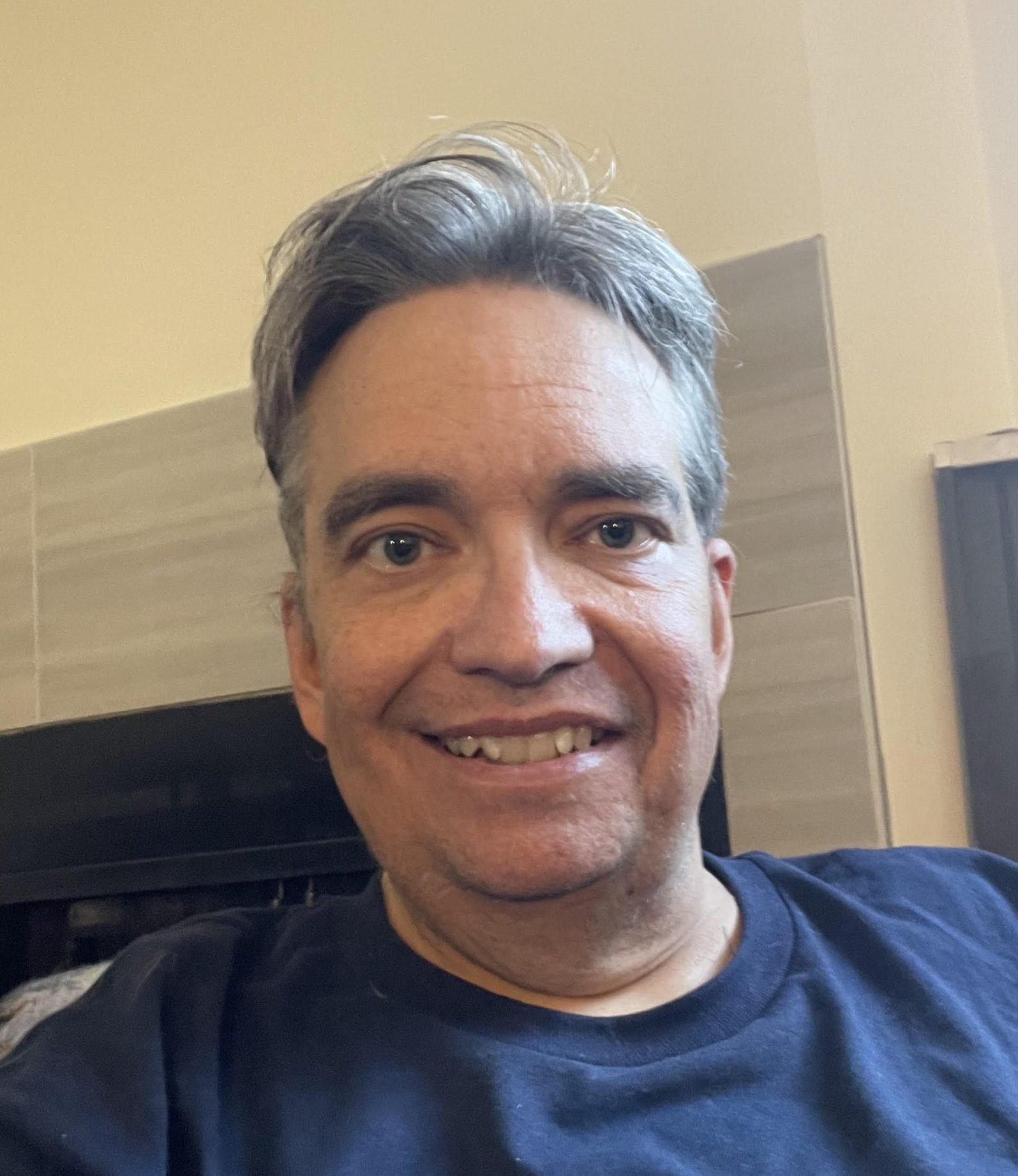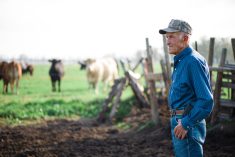What happens when a young person with an enthusiastic but fledgling interest in the beef industry meets a multigenerational cattle producer with decades of experience under his belt?
No, it’s not a pitch for a rural reboot of The Odd Couple. But if you’d like to think of it that way, the “plot” features a teacher and tutor learning a few things about his business practices and himself, leading to a friendship that lasts to this day. The lesson at the end is the ongoing effectiveness of the Canadian Cattle Association’s Cattlemen’s Young Leaders (CYL) mentorship program.
Read Also

Treaty Land Sharing Network expands reach in Saskatchewan and Alberta
The Treaty Land Sharing Network, which connects land holders with First Nations and Metis people, has expanded since it began in 2018
Bob Lowe and Carley Henniger were paired as mentor and mentee in the 2017 edition of the CYL program. CYL gives young people between the ages of 18 and 35 the opportunity to engage with industry leaders in a mentorship capacity.
For Henniger, who currently resides in Kamloops, B.C., CYL was a boon to her career in farm policy (she does government advocacy work for the B.C. Cattlemen’s Association). Henniger and her fiancé have ranching on their minds; she predicts the business plan she developed with Lowe will play a crucial role in making that dream a reality.
“Bob just kind of broke (a business plan) down into tangible pieces: ‘Here’s the first step. Here are the people that you need to talk to. You have to look at your priorities: do you want to have a massive 10,000-head operation or do you want to have a few hundred head?’
“He was really realistic. He would say “Yeah, it’s hard work — you’re not going to become a trillionaire doing this, but it’s super rewarding.”
Lowe — who runs a feeding operation near the southern Alberta town of Nanton as well as a ranch in Manitoba — says Henniger is the kind of young person he got into mentorship for.
“I’ve learned as much from her as she has from me — more probably,” he says.
“I have always been a big proponent for youth. I am not one of those people who thinks that we have a big problem in agriculture because the youth aren’t staying in it. I see youth hammering on the door to get into it.”
Lowe says he learned a few things about himself in the process of mentoring Henniger.
“(I learned) I can tell somebody how to do a business plan better than I can do it myself. And I say that not totally in jest. While helping Carley with her business plan, all of a sudden I’m thinking to myself it’s been 10 years since I’ve looked over or renewed or adjusted my business plan. That was the kick I needed to readjust.”
Even to this day, Henniger turns to Lowe if she’s stumped on some aspect of ranching. In December 2021 they joined forces in Ottawa to interview Marie-Claude Bibeau, federal minister of agriculture and agri-food, as well as agriculture critics from the two opposition parties.
“(Opportunity) like that doesn’t come along very often,” says Lowe. “And to do it with Carley just made it that much more real.”
No background in ag? No problem
“I thought I was going to be running along the trenches in developing countries saving orphans,” says Henniger, who originally hails from the “mountain playground” of the West Kootenay region of B.C.
At some point along the line, her career goals steered towards the environment, leading to a broad curiosity about food production.
“I felt this deep conviction around the impacts that we have on the planet. The more I thought about ways that I could be useful in helping people, it seemed like something around food production might be the area to start because food security is something that affects everybody,” says Henniger.
By graduation, she had narrowed down her educational and vocational future to either law school or something in agriculture. She opted to take a bold step in favour of the latter.
“I went to the Ministry of Agriculture, which wasn’t far from the university. I actually just set up a meeting with a staff person there and the first question to me was, ‘What’s your experience in agriculture?’
“Realizing that I pretty much had none, I got a job working in a feedlot near Calgary just to start off with an understanding of the basics. Once I started it, I realized that was the place for me.”
From there it’s been a whirlwind: a job with the B.C. Angus Association, completion of Olds College’s rural finance and entrepreneurship program, more ranch experience and — of course — completion of the CYL program all buffing up her resumé.
Henniger is proud of all those accomplishments, but she recognizes that her main goal — a career in cattle production — could be a long, bumpy road.
“Right now we’re having a hard time finding any land to purchase (in Kamloops), especially with all of the fires that happened last year. We couldn’t even be considered for insurance to buy property.”
Lowe believes in Henniger’s goal and has faith she can accomplish it.
“The cattle industry has just always been hard to get into if you’re not born into it. Land has always been too much money. It doesn’t matter where you go. That’s just the way it’s always been,” he says.
“And yet there’s people who actually get it done and create successful businesses starting from where Carley has started.”
Advocacy starts at home
This budding ability to reach across the aisle, so to speak, is something she partly credits to Lowe.
“Bob is really good about having conversations with people. It’s just finding some commonalities and not trying to convert them or show them their ways are wrong.”
“No one likes to be told they’re stupid,” says Lowe. “The first thing you’ve got to do is create a friendly relationship of some sort and then be credible and use the science. People don’t always want to know the facts, but we have to have the facts in our back pocket.”
Mentorship can be small-scale
“It’s important that the older generation shares the knowledge that they have. I think young people want to learn; I don’t believe we necessarily think we have it all figured out. I know I certainly don’t. Mentorship was like a life-changer for me.”
Lowe agrees that mentorship doesn’t necessarily have to be backed by a program.
“I have mentors who are 80 years old. I classify Carley as a mentor of mine. And I think if there is one thing that we hopefully all learned through this it’s the fact that you can’t do it yourself. It’s just that simple.”
— Jeff Melchior is an Alberta-based freelance journalist specializing in agricultural topics.

















